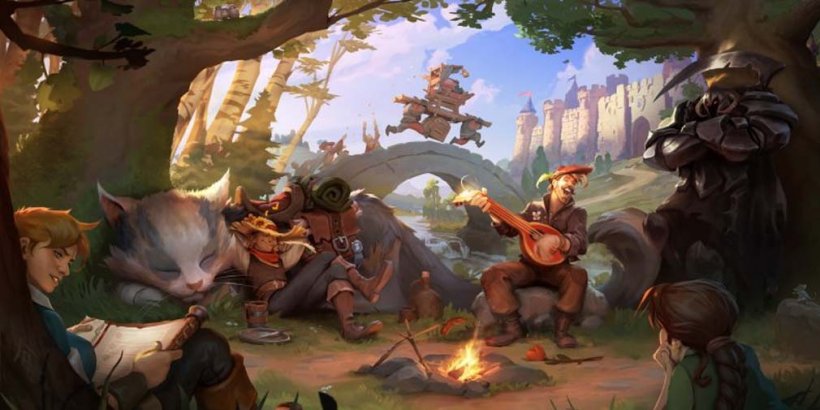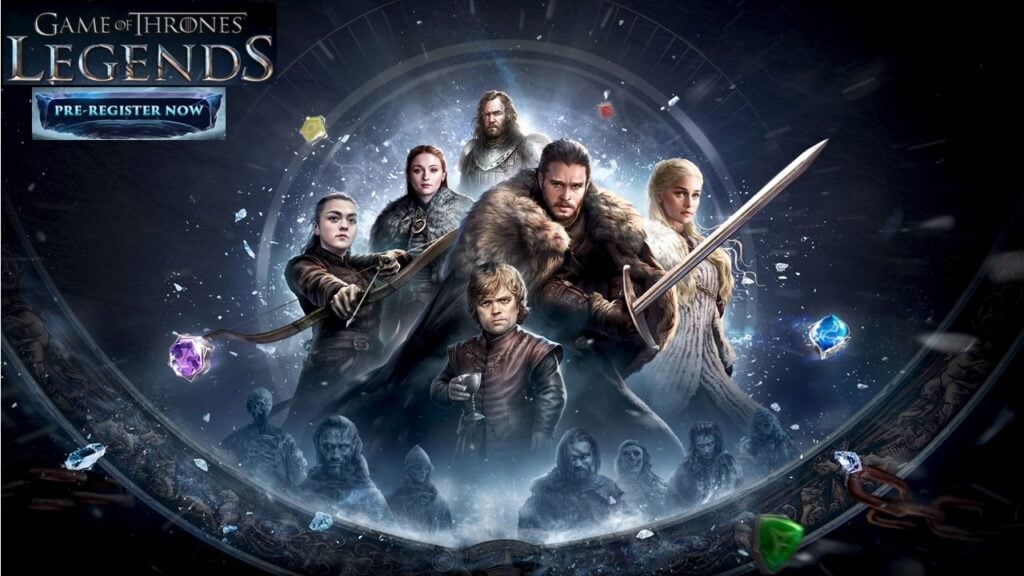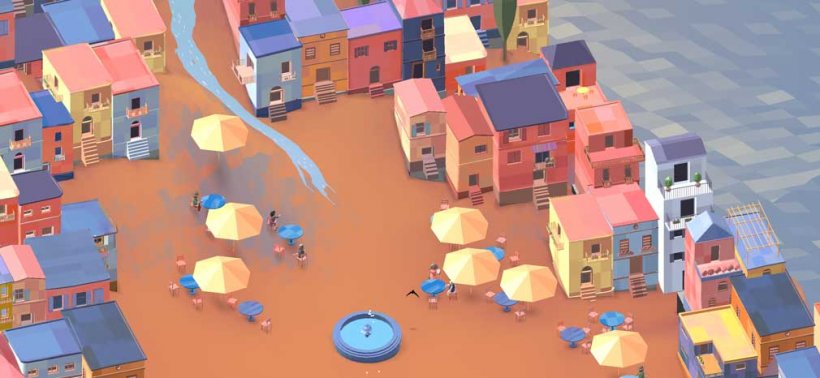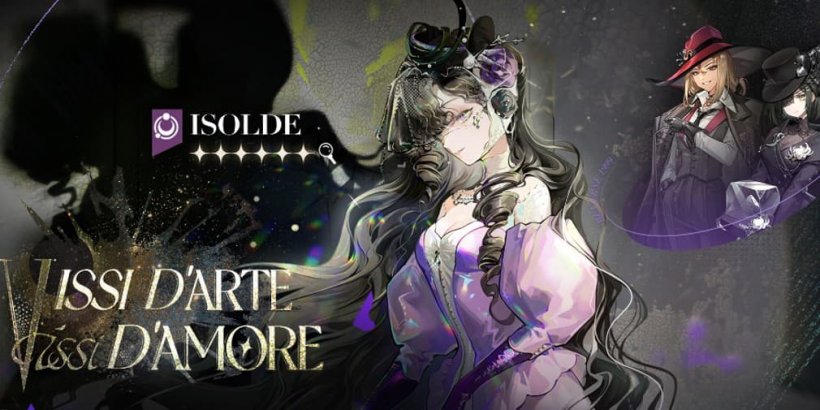Fiction Series Faces Feminist Propaganda Accusations
- By Julian
- Mar 13,2025
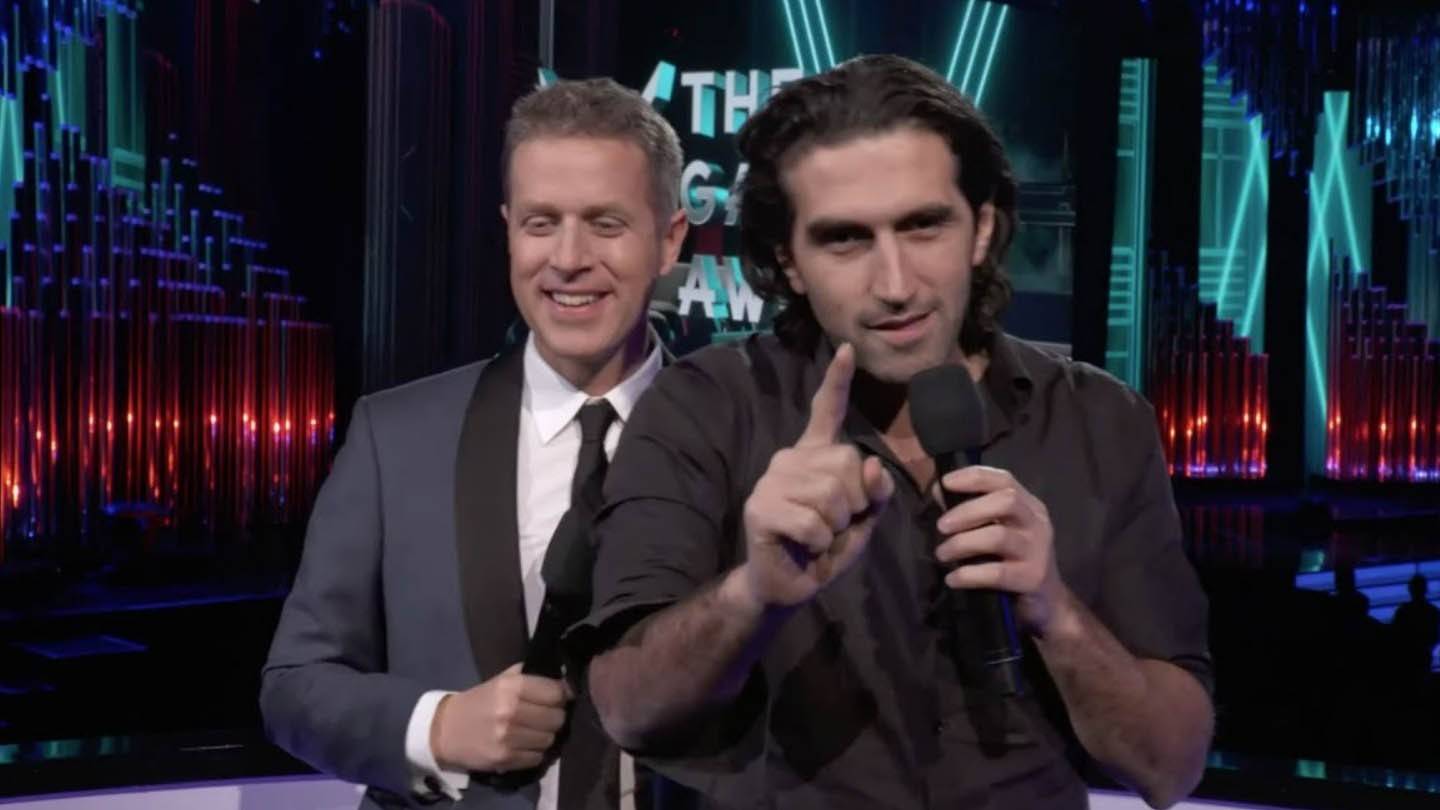
Josef Fares' Split Fiction, the latest cooperative adventure from the creator of It Takes Two, has sparked debate. The game features two female protagonists, a narrative choice that has drawn both praise and criticism. Some critics have labeled the game "feminist propaganda," igniting online discussions.
Fares, known for his direct communication style, responded humorously to these accusations. He pointed out the varied gender pairings in his previous games (Brothers: A Tale of Two Sons, A Way Out, It Takes Two), highlighting that character quality, not gender, is his priority. He stated, "Let me tell you something: in Brother, there were two guys, in A Way Out—two guys, in It Takes Two—one man, one woman, and now two women, and suddenly ‘everyone’s upset.’ […] I don’t care what you’ve got between your legs—good characters are what matter."
Split Fiction's core is a deeply personal and emotional journey for its two female leads. While many celebrate its innovative gameplay and narrative, some object to the choice of protagonists, viewing it as a forced political statement. These critics argue the female leads are unnecessary or overly political. However, supporters counter that diverse representation in media shouldn't be controversial.
Fares' response emphasizes his commitment to compelling storytelling, not ideological agendas. He challenges critics to judge the narrative's substance, not its surface-level representation.
The controversy surrounding Split Fiction reflects broader societal discussions on diversity and representation. For some, the inclusion of two female leads signifies progress towards more inclusive storytelling. For others, it's a symbol of broader cultural tensions. Split Fiction, by pushing boundaries and offering new perspectives, finds itself at the heart of these discussions. Despite the criticism, the largely positive player and critical reception suggests the game's narrative resonates with a significant audience.
Latest News
more >-

- Doom: The Dark Ages Struggles on Handheld PC
- 05/21,2025
-
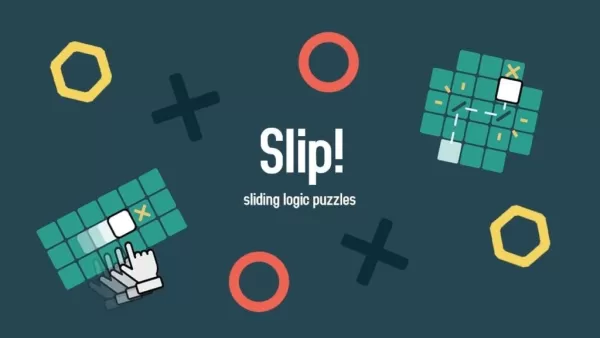
-
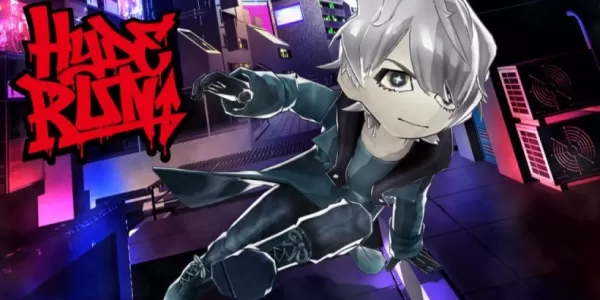
-

-
